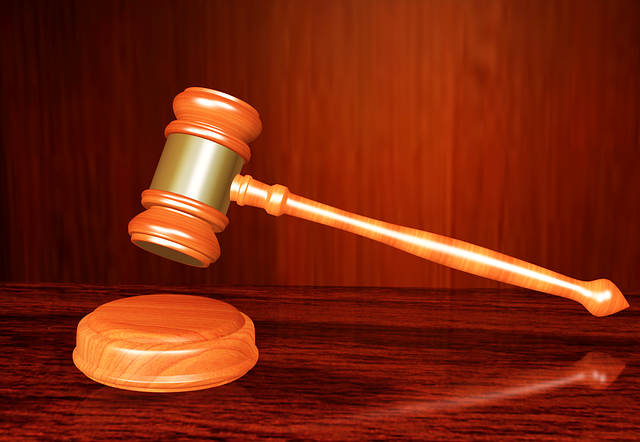Environmental Crime Trials present significant legal challenges due to complex issues like pollution and climate change, requiring specialized legal expertise to navigate environmental regulations alongside criminal law. The high cost to defend against libel claims, often reaching staggering amounts, demands exceptional attorney performance. Preventive measures such as public awareness campaigns are crucial, fostering collective responsibility and deterring environmental crimes through civic engagement. Integrating these strategies deters white-collar offenses and promotes sustainable practices, shielding businesses and individuals from substantial legal repercussions, including the cost to defend against libel claims.
Environmental Crime Trials expose corporations and individuals who violate environmental laws, holding them accountable for their actions. This article delves into this evolving legal landscape from a global perspective, focusing on understanding these trials through a legal lens. We explore the significant financial implications for defendants, particularly the escalating cost to defend against libel claims, as complex cases demand extensive resources. Furthermore, we emphasize the importance of preventive measures and public awareness in strengthening the legal battle against environmental crimes.
- Understanding Environmental Crime Trials: A Legal Perspective
- The Financial Implications for Defendants: Cost to Defend Against Libel Claims
- Preventive Measures and Public Awareness: Strengthening the Legal Battle Against Environmental Crimes
Understanding Environmental Crime Trials: A Legal Perspective

Environmental Crime Trials present unique challenges within the legal system, demanding a specialized approach to adjudicate cases involving ecological damage and its implications. These trials often revolve around complex issues such as pollution, habitat destruction, and climate change, where the consequences can be far-reaching, impacting not just individuals but entire ecosystems. From a legal perspective, understanding these trials involves recognizing the intricate interplay between environmental regulations, criminal law, and civil liabilities.
The cost to defend against libel claims in these cases is often a significant consideration, especially when high-stakes industries are involved. Achieving extraordinary results in environmental crime trials requires an unprecedented track record of legal expertise. General criminal defense strategies may not suffice; instead, attorneys must be adept at navigating the intricate web of environmental laws and regulations. This specialized knowledge ensures that justice is served while mitigating potential reputational damage for those accused, demonstrating a balanced approach to these multifaceted legal battles.
The Financial Implications for Defendants: Cost to Defend Against Libel Claims

The financial implications for defendants in environmental crime trials can be immense, particularly when facing cost to defend against libel claims. These high-stakes cases often involve complex legal battles, requiring extensive documentation and expert testimony. As a result, the expenses can quickly mount up, especially for corporate and individual clients alike.
Across the country, defense costs in these trials have been known to reach staggering amounts, reflecting the gravity of the accusations and the need for robust legal representation. The complexity of environmental regulations and the potential public scrutiny mean that every detail must be carefully considered and defended against, making it a challenging and costly endeavor.
Preventive Measures and Public Awareness: Strengthening the Legal Battle Against Environmental Crimes

Preventive measures play a pivotal role in combating environmental crimes effectively. Beyond legal repercussions, raising public awareness serves as a powerful tool to deter potential offenders. Educating communities about the impact of environmental degradation fosters a collective responsibility, encouraging active participation in conservation efforts. This can manifest through various initiatives such as community clean-up drives, recycling programs, and advocacy groups that push for stricter environmental policies. By involving citizens, we create a network of eyes and voices vigilant against illegal activities like pollution, deforestation, and land encroachment.
Integrating public awareness strategies into the legal framework strengthens the battle against white-collar and economic crimes. This includes targeted campaigns that highlight the consequences of these offenses, not just for the environment but also for the pockets of offenders. The cost to defend against libel claims pales in comparison to the potential financial and reputational damage incurred by environmental violators. For both corporate and individual clients facing such charges, a robust public awareness program acts as a shield, deterring future transgressions while promoting sustainable practices.
Environmental crime trials play a pivotal role in holding offenders accountable and fostering public awareness. By understanding the legal complexities, such as libel claims, and implementing preventive measures, we can strengthen the fight against these heinous acts. The financial implications for defendants, including the cost to defend against libel claims, highlight the importance of proactive measures. Ultimately, enhancing public consciousness about environmental crimes is crucial to ensuring that justice prevails and our natural resources are protected.






